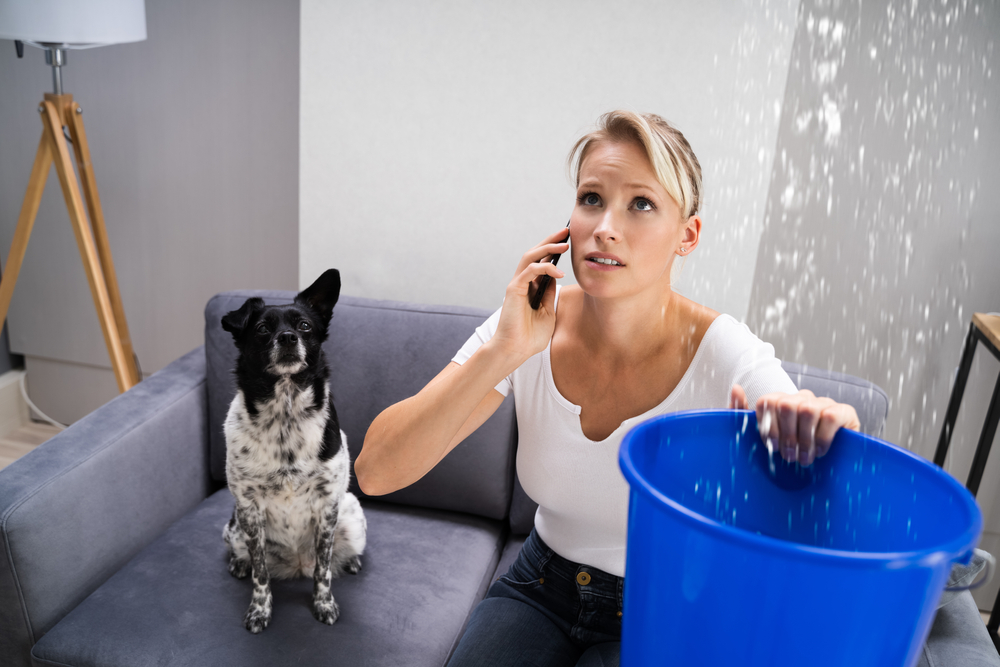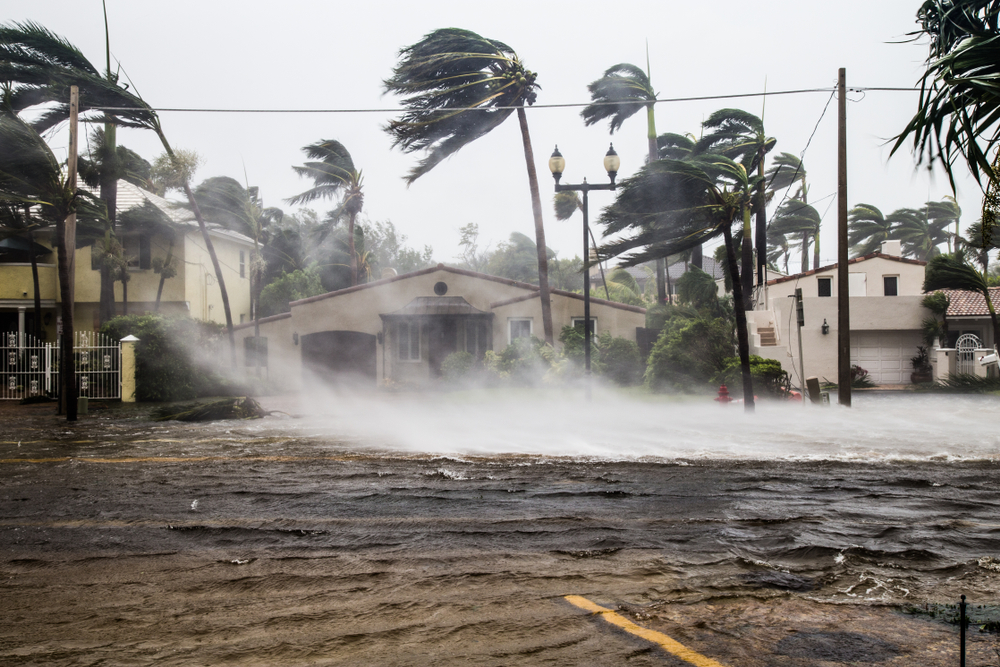Is Your Renters Insurance Enough to Cover Natural Disaster Damage?

What if you could make the worst day of your life even a little bit better?
When your home is damaged by a natural disaster, it can be very frightening for you and your family. However, there may be a silver lining; depending on the disaster, your renters insurance may be enough to cover the damage.
Not every natural disaster, of course, is covered by renters insurance policies. Want to make sure you’re prepared for the worst? Keep reading to discover whether or not your renters insurance will provide enough coverage for most major natural disasters!
Natural Disaster Renters Insurance: What You Need to Consider
Right now, you’re probably wondering whether your existing policy provides the natural disaster rental property protection you need. The honest answer, however, will always depend on the type of policy you have as well as the kind of disaster you and your home are facing.
Certain disasters are typically not covered at all, and others may only be covered if you add a special rider to your policy (more on both of these situations later). It’s also important to check the fine print on your policy. If you’re counting on your coverage to replace personal property that has gotten damaged, for example, you’ll need to make sure you have limits high enough to cover the cost of your most valuable belongings.
Another thing to keep in mind is that it’s never too late to shop around for different carriers. In some cases, doing so can provide you with both better protection and a better renters insurance premium!
What Natural Disasters Are Typically Covered?
Here’s some good news: When it comes to natural disasters, your renters insurance should cover most of them. For example, the majority of policies cover things like fires, tornadoes, rain, hail, and snow damage. That being said, you need to be wary of making assumptions regarding what types of disasters may not be covered.
Most policies cover rain, but they don’t cover flooding (unless you have added a special rider). Similarly, while your policy likely protects against fires, it wouldn’t cover a vehicle damaged by something like a wildfire. For that, you’d need to rely on your existing automobile insurance.
Are Any Natural Disasters Not Covered?
We already touched on one of the major disasters that your renters policy won’t cover — flooding caused by an external source. Additionally, most policies don’t cover events such as earthquakes or sinkholes, especially if you live in an area that is prone to these natural disasters.
You may be able to add special riders to your policy to cover these disasters. Such riders will naturally increase the cost of your monthly premium; however, in the event your home is damaged by an actual disaster, the added costs may be a drop in the bucket compared to how much you would otherwise have to pay out-of-pocket to replace your property.
The Importance of Understanding Natural Disaster Rental Laws
Natural disaster rental laws differ from state to state and even city to city. There are laws designed to protect renters that are common to a number of different jurisdictions.
For example, most states don’t allow landlords to kick you out after a natural disaster until they file the appropriate eviction paperwork. And unless your lease specifies otherwise, you may be able to break your lease and get your security deposit back in the event that the residence is too badly damaged to live in. Finally, you may be able to negotiate a lower rent for living in a residence damaged by a natural disaster.

Steps to Protect Your Rental Property from Natural Disasters
Natural disasters are often referred to as “acts of God” due to their unpredictability. While you can’t always know when a disaster is coming or how bad it will be, there are a few easy steps to prepare your home for the worst.
For example, secure both your outdoor furniture and heavy indoor furniture so things don’t go flying. Ask your landlord to consider trimming large trees — this reduces the chance of limbs crashing through your windows or roof. This type of damage would be the landlord’s responsibility, but once there’s a breach, rain and other storm elements may get in and damage your personal belongings.
How to File a Claim for Natural Disaster Damage on Your Renters Insurance
In a perfect world, you would never have to file a renters insurance claim. But it’s important to know how to do so when the worst happens. Here’s some good news: filing is a lot easier than most people think.
After the disaster passes, you’ll need to take photos and videos of the impact to help prove how badly your property was damaged. If you have to spend any money due to the damage (for example, by checking your family into a hotel room), be sure to keep records of that as well. Having an inventory of your belongings and how much they are worth (verified by receipts) can also help with future claims.
Next, contact your insurance carrier. They’ll provide the paperwork you need to fill out and verify what you need to include for your claim (such as your policy number, the record of damaged items, and the estimated cost of replacing those damaged items). After that, all you have to do is keep track of your claim on the carrier’s website and respond to requests for additional info. After a visit from the adjuster helps verify the damages you reported, you will receive a payment from the carrier.
Get the Best Renters Insurance for Any Disaster Today!
Now you know more about the protection your renters insurance may provide against a natural disaster. But do you know where to find the best coverage at even better prices?
InsureOne is here for you on your best days and on your worst days. If you’re ready to prepare for the worst with the best possible coverage, you can always get a quote online. Of course, you can also pick up the phone and give us a quick call at 800-836-2240. Finally, you’re always free to come into one of our nearby offices at your earliest convenience!


